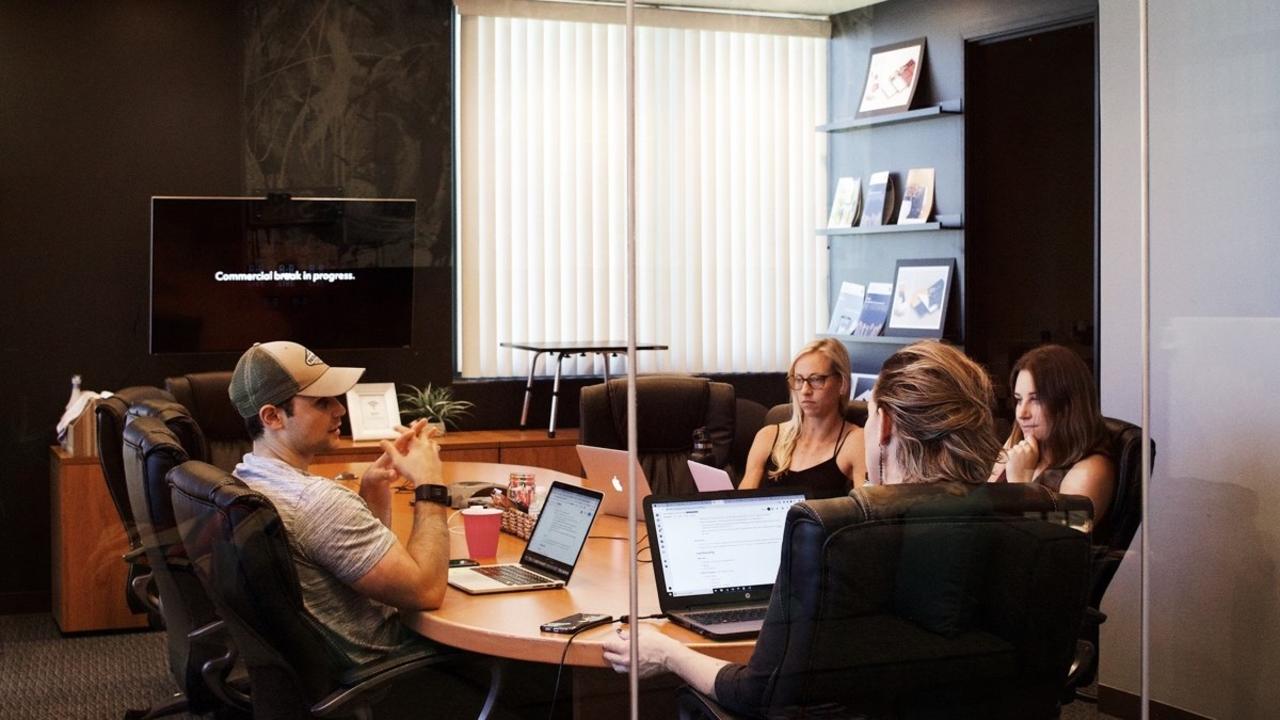6 steps to a career change
The transition to the next stage of professional development is associated with the need to develop new skills and find yourself in a new situation. Therefore, it is worth preparing for them properly. If you are expecting a significant change in your job, think about what you can do right now to get the best out of the situation.
Before planning a career change, you need to decide what you want out of life and what skills you need to improve in order to get the job you want. First of all, you should write a CV. You can entrust this part of the work to a professional agency – there are many of them now. You can save some of your time, but if you are not sure about such services, you can write a CV with the help of monstratext for essay writing – its really good way out.

1. Analyze your situation
Try to focus on how it was so far. Ask yourself the following questions:
- What do you value about your current job?
- What don’t you like about your current position?
- What do you find interesting about your work?
- What responsibilities do you feel reluctant to do?
- What would you not like to do in your new workplace?
- What is the main reason for a job change decision?
Make sure your answers are extensive and detailed.
2. Think about your expectations
Think about what you miss most in your professional life.
- What are your interests?
- How could you pursue your passions while working?
- What motivates you?
- What would you be able to do if you didn’t need any money?
- What would your perfect day at work look like?
- What exactly do you expect from your new job?
3. Explore the possibilities
At this point, first of all, answer the question:
- How realistic is a job change?
If you say no, consider why. Think about what would have to happen to make your vision more likely. Perhaps it is a matter of current circumstances. Otherwise, if you really want to change your current job, try to choose the option that is within your abilities.
4. Define your predispositions
- What are you special about?
- What are your main features (strengths and weaknesses)?
- What can you do best?
- How can you use your skills?
- What other skills do you need to prove yourself in the new position?
You may need additional training. At this stage, it is especially valuable to find a coach who will help you draw up a plan to develop your own skills and implement it consistently.

5. Take a look
Search the internet and other helpful sources of information. Ask your friends. Find out about:
• positions that suit your skills and interests, on websites such as www.jooble.org, www.jobsora.pl orwww.pracuj.pl
• the realities of work – what tasks are performed in this position on a daily basis?
• the rates offered for this job
• the possibilities of the new position
Extend your network of contacts to learn even more. From new people you can also get contacts to people who are responsible for recruitment processes in companies.
6. Watch your actions
On the basis of the above exercises, make a specific plan of your actions and check what the results are. Make a list of your short and long term goals. Define them in time. Stay tuned as you adapt your plan to the changing situation.
And take care of yourself!
A change in financial status, a major change in the workplace, or a company reorganization and a job change are in the top half of the list of 44 most stressful life events, according to Thomas Holmes and Richard Rahe, psychiatrists and authors of one of the concepts of stress. Significant changes in working life, such as termination of employment or unemployment and retirement, are among the top 10 health-threatening situations. While implementing all the goals you have undertaken, do not forget about yourself. A professional coach will provide you with appropriate support during a career change, helping you to define your predispositions, set priorities and take all necessary actions. In the coaching process, you will also receive feedback on the effectiveness of these activities.


No comment yet, add your voice below!